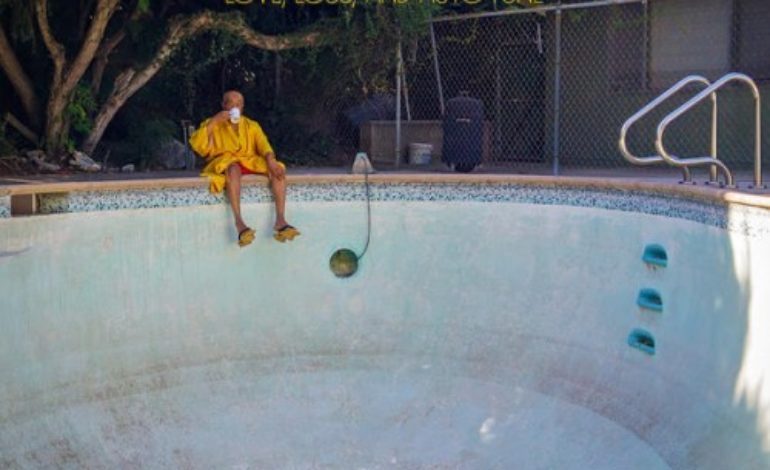

Return of the D-O-double G
From out of the murky depths of cult soul, Swamp Dogg reemerges with his first record in four years, Love, Loss, and Autotune. Returning with a strikingly modern sound, if not a modern idea of what makes a pop record, Swamp Dogg has produced a record with energy, a record that’s bound to make the listener, which, after a career spanning back to the 1950s, is an incredible feat in and of itself. Tracks like “I’m Coming with Lovin’ on My Mind,” “$$$ Huntin’” and “I Love Me More” are full displays of Swamp Dogg’s infectious grooves, with a penchant for winning bass lines, synthesizer, and guitar used amply. As an older artist adopting a more contemporary sound, Swamp Dogg’s music shows a graceful melding of sensibilities. It’s a shame then that the weakest link across the whole album is Swamp Dogg’s voice itself, autotuned and distorted throughout to disguise the mad ramblings of an older musician.
Swamp Dogg’s vocals are at times raspy, autotuned and reflective of his age. Swamp Dogg has essentially come to fill a George Clinton-style role within his own music, an older man with a storied career whose voice has lost its original charm but can still produce something compelling when prodded. While George Clinton gets wheeled around by his grandchildren in Parliament Funkadelic, Swamp Dogg still demonstrates a lot of vitality and a lot of range without relying on anyone else’s voice. The autotune shows Dogg’s desire for a clean vocal sound, and there are particularly good uses of the distortion across the record, such as on “She’s All Mind All Mind.” However, there are other tracks where it only enhances a grating aspect of Swamp Dogg’s singing style, like “Sex with your Ex,” where the refrain of the title only serves to overwhelm any of the track’s most compelling elements.
Bringing it around to Swamp Dogg’s lyricism, it seems almost silly to desire more than pop-oriented love songs from with a sixty-year-long career, but there is a pitfall to the simplicity. “$$$ Huntin’” seems meant more to ape hip-hop tropes of drug dealing and, ahem, hustling, but Dogg’s almost spoken word rendition fails to flesh out the track in a way modern audiences would be able to latch onto easily. The Dogg’s an old soul (and old body) and his songwriting sensibilities skew older as well, which leads to an almost indulgent amount of non-singing on Swamp Dogg’s part, in a record that struggled the most with its frontman’s aging performance that’s where it really shows the cracks. The music Swamp Dogg is making is soulful and feels fresh, but it’s unfortunately broken up by an old man’s idea of what pop music should sound like. No disrespect to the “O.G. double G,” but he seems to think people really enjoy a mad ramble.
